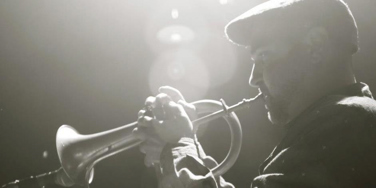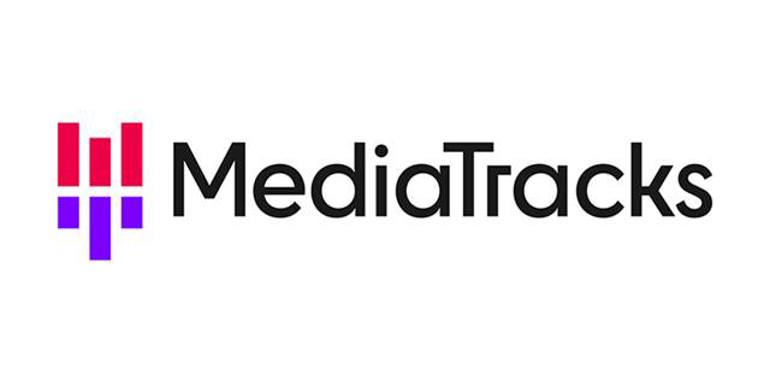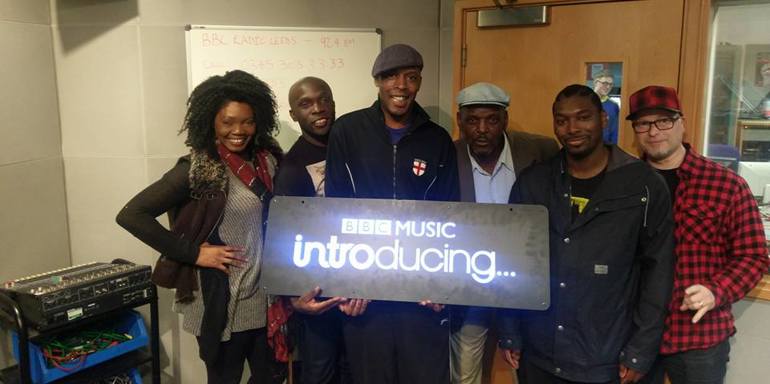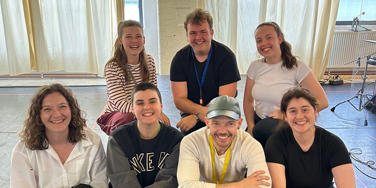Finance and Budgeting Essentials
Credit value: 20
You’ll develop essential financial skills to manage music projects, tours, events, and artist contracts. Through real-world case studies and practical exercises, you’ll learn how to create and evaluate budgets, forecast income, and make strategic financial decisions. This module gives you a solid foundation in budgeting, planning, and financial management for the music industry.
This module is delivered through a combination of large and small group teaching. Assessment includes an in-class assessment.
Learning and teaching hours: 30 (15%)
Directed study hours: 170 (85%)
Live Music Business
Credit value: 20
You’ll gain a deep understanding of the live music industry, including legal, management, and entrepreneurial aspects. From venue operations to event logistics and merchandising, this module prepares you to manage live events across genres, both nationally and internationally. You’ll also explore pathways to launch your own live music ventures.
This module is delivered through a combination of large and small group teaching. Assessment includes an in-class assessment.
Learning and teaching hours: 30 (15%)
Directed study hours: 170 (85%)
Music for the Creative Industries
Credit value: 20
You’ll explore musical genres, audience communities, and commercial trends to understand how and why music is created and consumed. You’ll reflect on the balance between art and commerce, enhance your music appreciation, and work collaboratively with peers. This foundation supports creative thinking and future projects across the music and wider creative industries.
This module is delivered through a combination of large and small group teaching. Assessment includes an in-class assessment.
Learning and teaching hours: 30 (15%)
Directed study hours: 170 (85%)
Music Industry Principles
Credit value: 20
You’ll examine how the UK music industry functions, exploring key business structures, stakeholder relationships, and operational practices. You’ll gain essential skills in business planning, analysis, and strategy, helping you understand how creative ideas turn into commercial success. This module gives you the tools to thrive in a fast-paced, evolving sector.
This module is delivered through a combination of large and small group teaching. Assessment includes an in-class assessment.
Learning and teaching hours: 30 (15%)
Directed study hours: 170 (85%)
Music, Culture, and Meaning
Credit value: 20
You’ll explore how music reflects and shapes society, culture, and identity. Analysing current and historical trends, you’ll gain an interdisciplinary perspective on the creative industries. You’ll assess how global events influence music and develop critical thinking around the relationship between art and culture in contemporary contexts.
This module is delivered through a combination of large and small group teaching. Assessment includes an in-class assessment.
Learning and teaching hours: 30 (15%)
Directed study hours: 170 (85%)
Musical Identity
Credit value: 20
You’ll explore how music interacts with politics, culture, and social identity. Using case studies and analytical tools, you’ll examine themes like youth culture, race, gender, and class. This module helps you understand how music carries meaning—and how those meanings shape industry practice and audience connection.
This module is delivered through a combination of large and small group teaching. Assessment includes an in-class assessment.
Learning and teaching hours: 30 (15%)
Directed study hours: 170 (85%)

















